Harm at Bush Theatre: An interview with playwright Phoebe Eclair-Powell
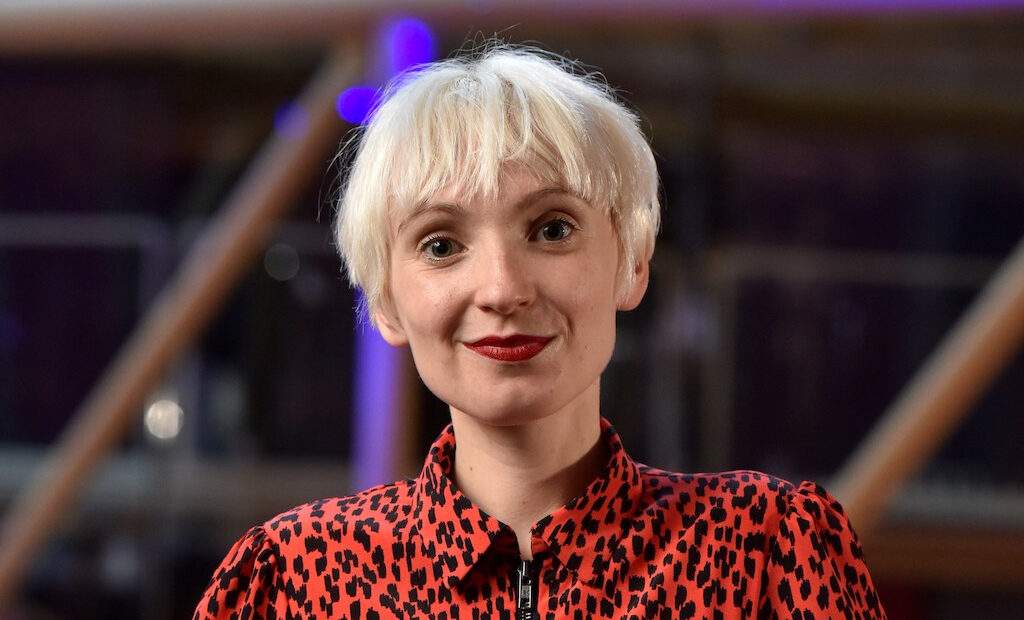
As the pandemic crippled the theatre world and productions took a long pause over the past year, Phoebe Eclair-Powell’s new play Harm (about the dangers of social media and its impact on mental health) managed to find a place on both small screens and the big stage. It premiered as a short film on the BBC’s Lights Up after its theatrical run was delayed, and recently debuted at the Bush Theatre.
We had a chat with writer Phoebe Eclair-Powell about the play, mental health, and her plans for future productions in a post-lockdown era.
Do you think Harm’s debut as a short film, rather than a play as originally planned, changes anything in regards to the audience experience, production, message or anything else?
Ooh I’m not sure to be honest. I would have to ask someone who has seen both side by side! I think that it was a bit of an unusual way round of doing things – but hey Covid has shaken up all our “usual” ways of doing things! It feels like two different beasts: the film and the live production look and feel very different, and so are fresh and unique in their own right. Atri Banerjee, who directed both, has certainly re-imagined the play for the stage.
Do you feel people will have benefited from being able to watch the piece on demand (something that would not have been possible with a limited release)?
Yeah definitely. It means I can keep bugging all my friends and family to have a watch – no excuses… I think theatre having to be streamed or adapted for online platforms was a really exciting part of last year/earlier this year, though equally a challenge – and nothing does beat a bit of live. In terms of accessibility and geographical reach, I think it has only been a positive step.
The production has been in the unique position of being streamed as a film and making its debut as a play within the space of two months. If you had a chance to give your future work multimedia openings like this, would you do it again?
Do you know what, I don’t know. It felt very charmed how this worked out and it was highly unusual. I think it has allowed the director, Atri Banerjee, and I to keep interrogating the piece in a very sustained way over a period of five months, which is a real gift, actually. I do now look at my other projects and think about how they could be potentially fragmented into multimedia projects, so maybe, budget allowing, that will become part of the conversation with venues from the start.
Was it difficult to rearrange the entire production and cast for filming in the context of the pandemic?
Oh yeah it was a bit of a bonkers few weeks, but when I say charmed it really was like fate shone on us. Leanne Best, who already had a relationship with the script, did an extraordinary job on the film, and Kelly Gough brought her own totally different and brilliant energy to the role when she took on the stage show. The team at Angelica Films and the Bush were just insanely supportive and rallied around in record time and made it happen. Our cinematographer, Monika Davies, was phenomenal, and as soon as we met her Atri and I knew we had to do everything in our power to make it work.
Yes, it was nerve-wracking, but the health and safety felt very rigorous and we knew we were in really safe hands with our producers Andrew Fettis and Jess Campbell. It felt like everyone just plunged head-first and went: “Let’s do this.”
Do you feel like the play will thrive on-stage in its original form, or do you prefer it as a film, having seen the response to its streaming debut?
I am extremely grateful that both are a reality. I feel very, very fortunate and rather spoilt to be honest. We were very clear that we only wanted to make a film if we felt we were giving the audience something different from what they would get on stage, and I think the teams have delivered that. I am really chuffed it got a lot of love on BBC iPlayer, and I hope it gets the same love from the Bush Theatre run.
With Mental Health Awareness Week having just passed and considering people’s heavy reliance on social media during lockdown, what do you hope people take away from the narrator’s experience?
I hope they take away lots of different aspects of the narrator’s experience – the complete hypocrisy of our online worlds, the shifting sands of expectation and jealousy, how we are all a few steps away from becoming online trolls, to be honest… To be fair I got obsessed with Instagram in lockdown; I wanted to feel connected and found it oddly calming. Twitter – I basically left. I think it’s about setting your own boundaries and knowing why you’re using these platforms and what you’re getting from them.
What advice would you give people who struggle with social media-fuelled mental health issues?
I don’t think I’m qualified to give advice. I have a line in the play about how everyone needs help, and I really do wish therapy was more accessible in this country for everyone. Social media is a huge part of our lives – for good and for bad – and we all probably have moments that are unhealthy.
Do you feel the entertainment industry plays a role in some of these issues? Could it work to bring awareness and help combat them?
I think that our industry definitely talks a lot about mental health but doesn’t always have the best practices. I think a lot of a creatives’ worth is now based on their online presence and this worries me – however, it can also be a great place to find a proper creative community. I think we are all learning to ask for more accountability from the entertainment industry and hopefully that will continue.
You’ve previously said you only write about what makes you angry. Do you have other projects planned for the future and can you tell us anything about them?
Aha yeah! What a quote. I think that might haunt me. Harm came out of a jealous place, probably, more than angry, to be honest. I really relished writing Harm – proper catharsis. I am working on a family show that is in rehearsals now for Paines Plough called Really Big and Really Loud and it’s not angry at all – just joyful and a bit bonkers. I am also working on Dorian, an adaptation of The Portrait of Dorian Gray, with Owen Horsley for Reading Rep Theatre, which is more about performance and desire. But the more I look into Oscar Wilde’s life and work, there is anger there of course – for the homophobia he suffered, his horrific incarceration and the way his art was used against him in court.
The last year has been incredibly traumatic for so many and there is a lot of very justified anger in the air, and anger that we are finally allowing to be spoken and given its true expression. I am not the person best placed to write those stories, but I can’t wait to see them.
Do you think traditional theatre will make a comeback after the pandemic, or do you feel audiences have shifted to streaming platforms for good?
I think lots of people cannot wait to be back in a theatre enjoying that buzz, but it all depends on when this pandemic truly ends. It feels like we are in a tentative midpoint, and no one is quite sure what happens next. I think we all learned some lessons this past year and I hope we don’t take them for granted or forget them in our rush to open the doors. I also think both can exist side by side, allowing for greater access and new forms of storytelling.
Kari Megeed
Harm is at Bush Theatre from 24th May until 26th June 2021. For further information or to book visit the theatre’s website here.

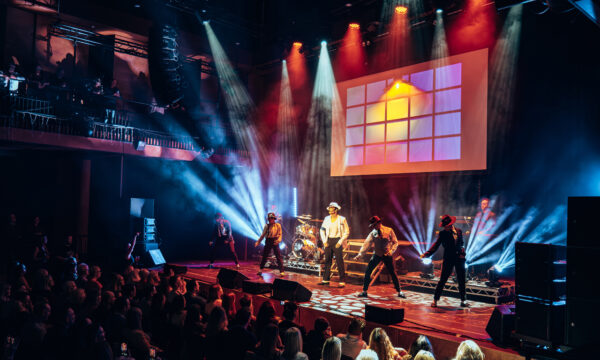
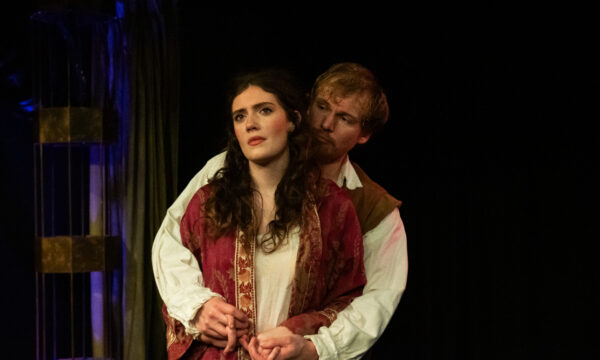
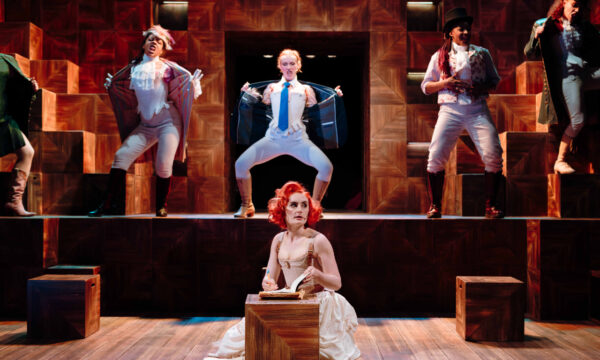
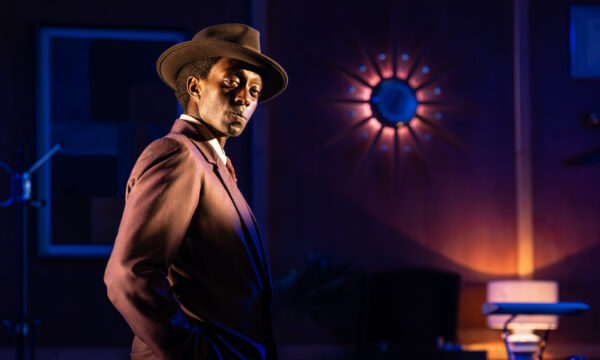
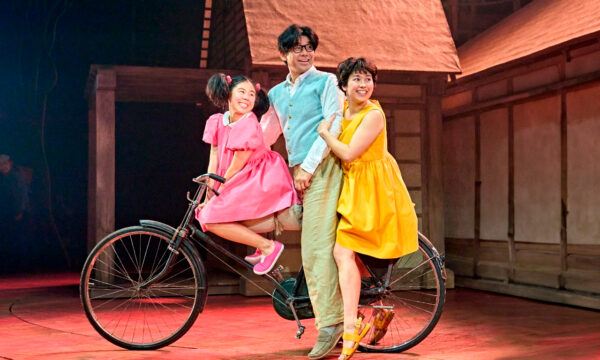
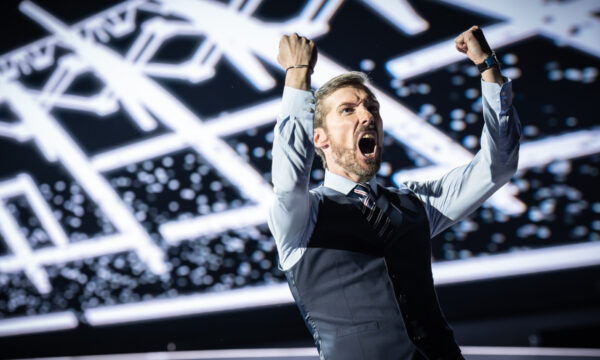
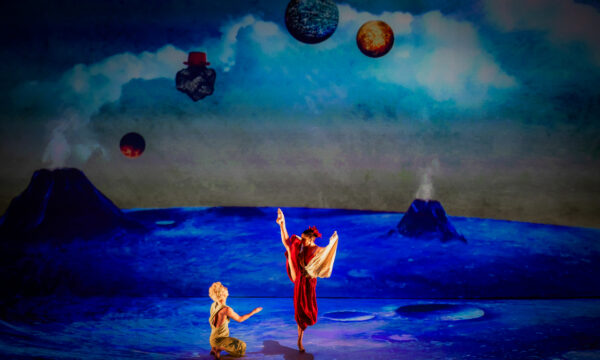
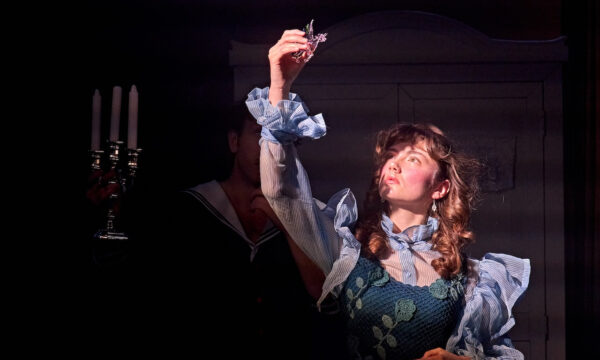
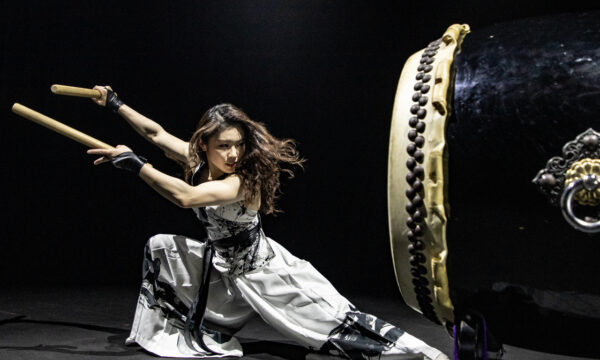

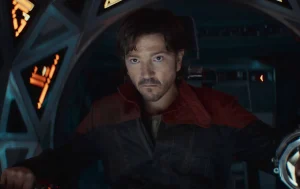
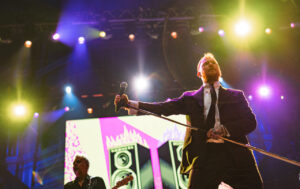



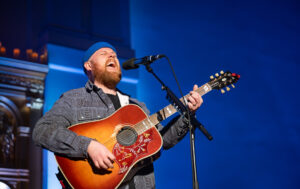
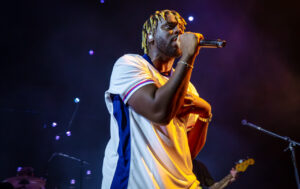

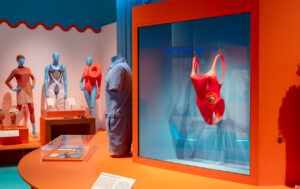
Facebook
Twitter
Instagram
YouTube
RSS